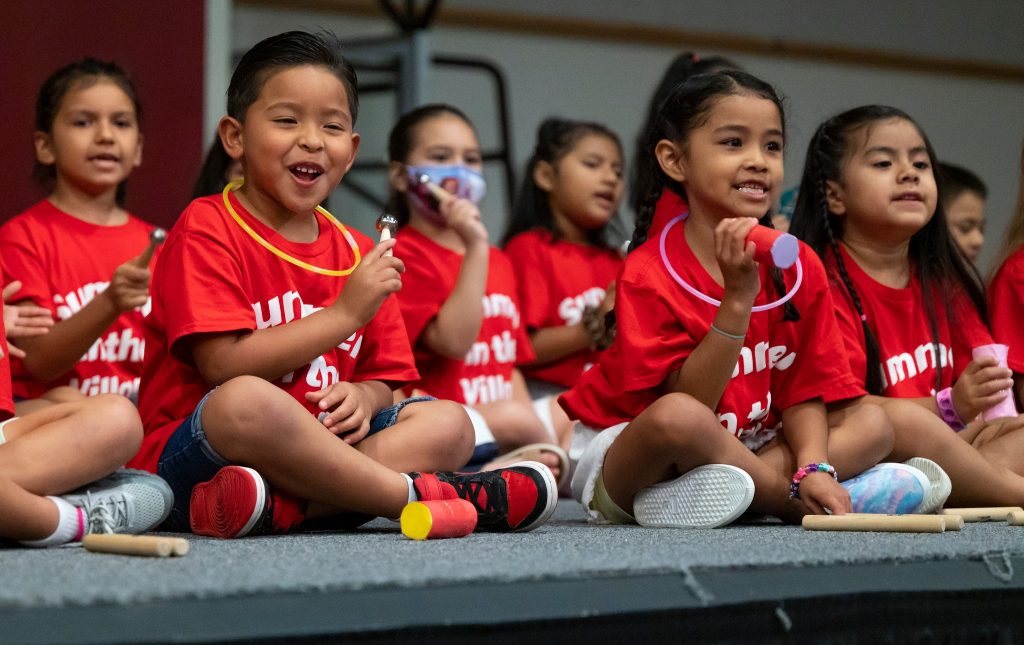- Home
- Academics
- Access & Success
- Village Project
- About
- Why the Village Thrives
Why the Village Thrives
The Village Project has endured because of the trust and community it has created and the outcomes that result. Alamance County is the perfect ground for a program like the Village Project. National studies indicate that 36% of fourth-graders are unable to read at a basic level, a number disproportionally impacted by low-income families. In 2022, 52% of Alamance County residents had unaffordable housing, the poverty rate was 18.5%, 23% had an income less than 125% of the poverty level, and 48% of renters were unable to afford the fair market rent for a 2-bedroom housing unit. The five largest ethnic groups in Alamance County, NC are White (Non-Hispanic) (61.2%), Black or African American (Non-Hispanic) (19.4%), Other (Hispanic) (6.27%), White (Hispanic) (4.34%), and Two+ (Non-Hispanic) (3.47%).
Based upon our work, we have learned that the plight of struggling readers, especially those who are poor, is not a hopeless one. We know from our research that when provided with specific support, such as university-based partnerships, one-on-one or small group tutoring, community support, underlying reasons for their children’s reading struggles and ways for mitigating those struggles, parents of struggling readers respond positively and work diligently to help their children improve their reading skills.
We also know that struggling readers often do not enjoy tutoring projects because it focuses on their major area of weakness, reading. So, it is not surprising that struggling students often feel they do not belong in schools or tutoring programs. However, with our emphasis on students’ specific reading needs, one-to-one or small group instruction to address those needs, and parental support in a non-threatening environment, we have seen positive results for reading motivation among “Village Readers.”
The Village Project is free for all participants and has been funded by an international philanthropic organization, The Oak Foundation.
